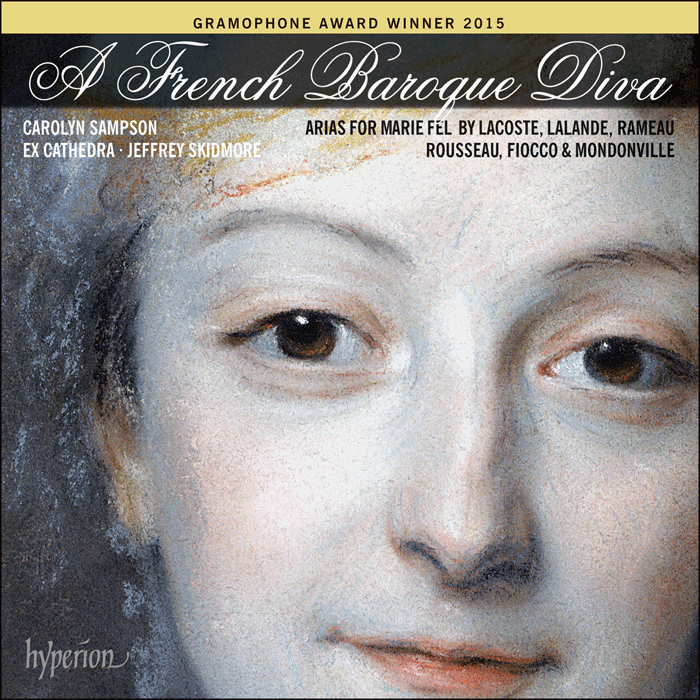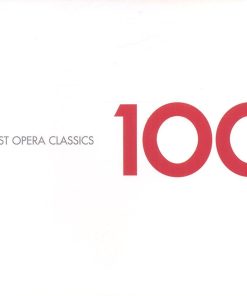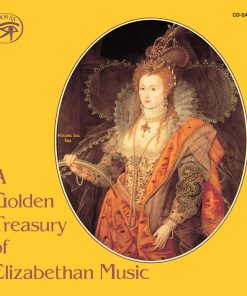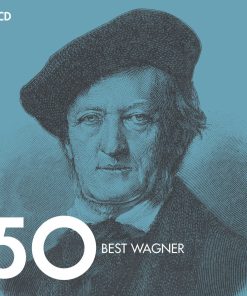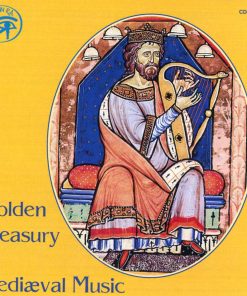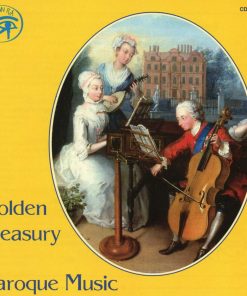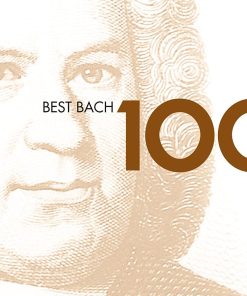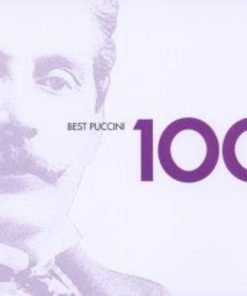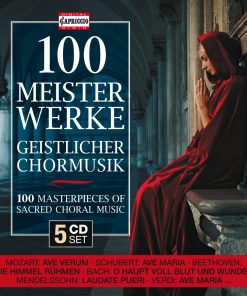A French Baroque Diva (Arias for Marie Fel) – Carolyn Sampson, Ex Cathedra, Jeffrey Skidmore Hyperion
$ 20,99 $ 12,59

1
Ah! quand reviendront nos beaux jours? (Prologue Scene 1 from Philomèle)[9’01]Louis Lacoste (c1675-c1750)
2
Regna terrae (Movement 5 of Exsurgat Deus, S71)[2’28]Michel-Richard de Lalande (1657-1726)
3
Sinfonie (Movement 1 of Te Deum laudamus, S32)[1’48]Michel-Richard de Lalande (1657-1726)
4
Tu rex gloriae (Movement 8 of Te Deum laudamus, S32)[1’58]Michel-Richard de Lalande (1657-1726)
5
Tu ad liberandum suscepturus hominem (Movement 9 of Te Deum laudamus, S32)[3’22]Michel-Richard de Lalande (1657-1726)
Salve regina[9’39]Jean-Jacques Rousseau (1712-1778)
6
Salve regina, salve mater[4’32]7
Ad te clamamus, exsules, filii Evae[0’50]8
O clemens, o pia[4’17]9
Un tendre intérêt vous appelle – Tristes apprêts (Act 1 Scenes 2-3 from Castor et Pollux)[7’03]Jean-Philippe Rameau (1683-1764)
10
Amour, lance tes traits (Act 3 Scene 4 from Platée)[3’07]Jean-Philippe Rameau (1683-1764)
11
Gasouillats auzeléts (Act 1 Scene 2 from Daphnis et Alcimadure)[3’48]Jean-Joseph Cassanéa de Mondonville (1711-1772)
12
Laudate pueri (Part 1 of Laudate pueri)[1’32]Joseph Hector Fiocco (1703-1741)
13
A solis ortu (Part 3 of Laudate pueri)[3’19]Joseph Hector Fiocco (1703-1741)
14
Alleluia (Part 4 of Laudate pueri)[1’53]Joseph Hector Fiocco (1703-1741)
15
Venite, adoremus (Movement 4 of Venite, exsultemus)[3’04]Jean-Joseph Cassanéa de Mondonville (1711-1772)
La lyre enchantée[12’51]Jean-Philippe Rameau (1683-1764)
16
Accordez vos sons et vos pas[3’44]17
Gavotte: Lyre enchanteresse[1’52]18
Écoutons … D’un doux frémissement[1’54]19
Vole, Amour, prête-moi tes armes[3’36]20
Contredanse[1’45]21
Viderunt omnes termini terrae (Movement 5 of Cantate Domino, S72)[5’08]Michel-Richard de Lalande (1657-1726)
22
Hodie si vocem (Movement 6 of Venite, exsultemus)[2’53]Jean-Joseph Cassanéa de Mondonville (1711-1772)

A welcome return of Carolyn Sampson and Ex Cathedra to Hyperion, performing the rich, fulsome music of the French Baroque. Their recording of love songs from Rameau’s operas (Hyperion CDA67447) was hugely acclaimed for Sampson’s stylish, fluid, seductive performances, and ten years later her artistry is even more dazzling.
This album is of particular interest as rather than concentrating on one composer it showcases the works written for the premiere soprano of the day, Marie Fel. Voltaire called her his ‘adorable nightingale’. For d’Aquin, she was an enchanted being. Marie Fel was the soprano who held an entire generation spellbound at the Paris Opéra and at Louis XV’s court during one of the most glorious periods of French music. With a voice described as ‘pure, charming, silvery’ (La Borde), ‘touching and sublime’ (Grimm) and ‘always lovely, always seductive’ (d’Aquin), she inspired some of Jean-Philippe Rameau’s finest music and introduced a whole new level of virtuosity and expression into the French singing tradition. Her long, triumphant career is traced through this fascinating recording.
Fast Shipping and Professional Packing
Due to our longstanding partnership with UPS FedEx DHL and other leading international carriers, we are able to provide a range of shipping options. Our warehouse staff are highly trained to pack your goods exactly according to the specifications that we supply. Your goods will undergo a thorough examination and will be safely packaged prior to being sent out. Everyday we deliver hundreds of packages to our customers from all over the world. This is an indication of our dedication to being the largest online retailer worldwide. Warehouses and distribution centers can be located in Europe as well as the USA.
Orders with more than 1 item are assigned processing periods for each item.
Before shipment, all ordered products will be thoroughly inspected. Today, most orders will be shipped within 48 hours. The estimated delivery time is between 3-7 days.
Returns
The stock is constantly changing. It's not entirely managed by us since we are involved with multiple parties such as the factory and our storage. The actual stock can fluctuate at any time. Please understand it may happen that your order will be out of stock when the order is placed.
Our policy is valid for 30 days. If you haven't received your product within 30 days, we're not able to issue either a return or exchange.
You are able to return a product if it is unused and in the same condition when you received it. It must also still remain in the original packaging.
Related products
MUSIC CDS
MUSIC CDS
MUSIC CDS
MUSIC CDS
MUSIC CDS
MUSIC CDS
MUSIC CDS
